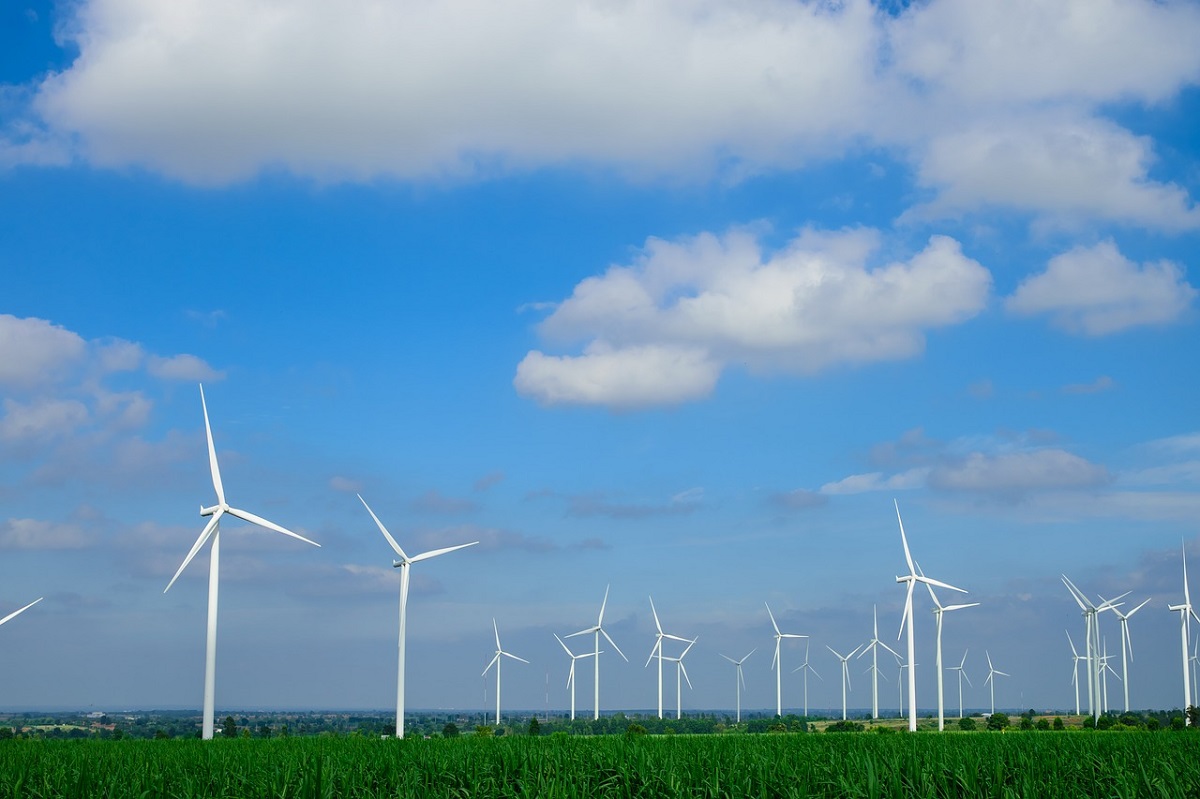Scientists from the Agrarian University of Kazakhstan have proposed using solar, wind, water, geothermal energy in agriculture, local media Qazaq Zerno reported.
At the National Agrarian Research University, they study the principles of converting solar energy into electrical energy, photovoltaic research batteries, solar installations, and study methods for using solar energy.
“Today, in the world, due to the shortage of a traditional source of energy and the deterioration of the environment, the demand for wind, water, geothermal, and solar energy is increasing. There is a great demand for small-capacity wind turbines for watering pastures in Kazakhstan,” said Tlektes Espolov, rector of the university.
According to him, such installations can be used on 85% of the country’s territory, where about 150 thousand peasant and farm enterprises are located, of which 50% specialize in the production of livestock products. About 4,000 agricultural enterprises and more than 80,000 peasant farms do not have access to power lines and heavily depend on different energy pricing.
The use of wind pumps or solar generators on pastures can reduce the cost of a cubic meter of water by 2-3 times compared to water-lifting plants driven by an internal combustion engine.
The country has significant potential for geothermal water reserves. With its help, you can heat residential buildings, greenhouses.
The central geothermal regions of Kazakhstan are the territories near Shymkent, Taraz, Kyzylorda, with a depth of 1200-2100 m, with a temperature of 45-80 degrees, in the valley of the Chu River and in the north of the Kyzyl-Kum desert (80-90 degrees), in the valley of the Ili River – depth 2000-3500 m, temperature 90-115 degrees, in Almaty – depth 2500-3000 m, temperature 80-120, as well as in the Taldykorgan region, water temperature 90 degrees Celsius.
The agricultural university undertook to train specialists in using wind and solar energy in agriculture. There is a research laboratory with wind and solar power plants.
“In the research laboratory, they study the principles of converting solar energy into electrical energy, explore the main technical characteristics of photovoltaic batteries of various designs, the physical basis of operation and modes of solar installations, gain skills in applying methods and means to improve the efficiency of the main energy and heat-technological equipment for the use of solar energy”, Espolov noted.
At a wind power plant, they study the principles of operation of a wind generator system. They gain research skills on the principles of electricity production in various wind modes, analyze the influence of regulated/unregulated loads on the performance of a wind turbine.
Based on the analysis of meteorological data, they can make a forecast of the wind energy potential for various regions of Kazakhstan.

